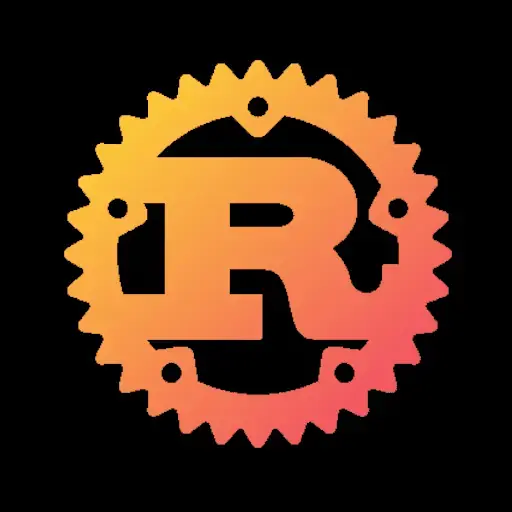- cross-posted to:
- programmer_humor@programming.dev
- cross-posted to:
- programmer_humor@programming.dev
TIL: Sweden had February 30 in 1712 https://en.wikipedia.org/wiki/1712_in_Sweden , so I decided to see how chrono handled that.
use chrono::TimeZone;
use chrono_tz::Europe::Stockholm;
fn main() {
let feb30 = Stockholm.ymd(1712,2,30);
println!("Date: {:?}", feb30);
}
target/debug/feb30
thread 'main' panicked at /home/snaggen/.cargo/registry/src/index.crates.io-6f17d22bba15001f/chrono-0.4.34/src/offset/mod.rs:252:40:
No such local time
note: run with `RUST_BACKTRACE=1` environment variable to display a backtrace
Result (as expected): Not well! 😄
I also tested Java with
ZonedDateTime feb30 = ZonedDateTime.of(1712,2,30, 0,0,0,0, ZoneId.of("Europe/Stockholm"));
with simmilar result
java.time.DateTimeException: Invalid date 'FEBRUARY 30'
So, lets take a minute of silence for all the programmers of history related software, may the spagetti monster have mercy on their souls.


No, I think that would still be based on local sun time, and we’d just not use it much when talking to people outside that time zone. So in a video call, we’d just say, “let’s meet at 08:00”, which could be “tomorrow” for some listeners, and could be later today for others. A day would still be from sun-up to sun-down, in colloquial terms, but dates would be from 00:00 to 23:59, so if you wanted to be precise, you’d just say the date.